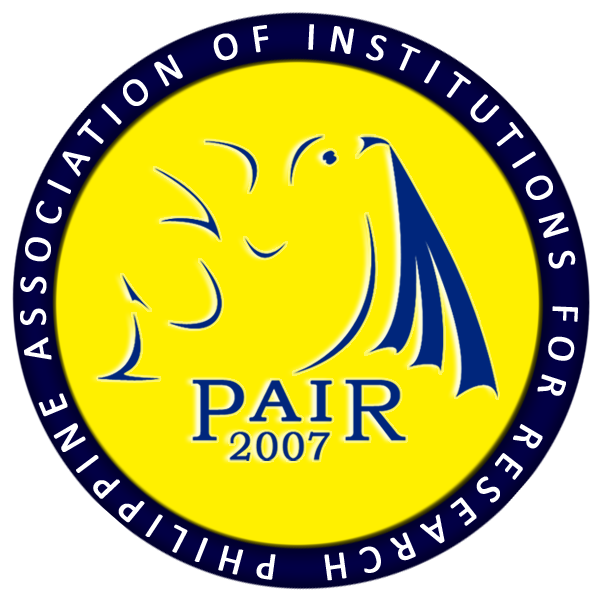The Performance of Teachers of Indigenous Pupils
DOI:
https://doi.org/10.7719/jpair.v38i1.722Keywords:
indigenous pupils, indigenous people school teachers, teacher performance, teacher efficacy, descriptive method, PhilippinesAbstract
The study aimed to determine the factors affecting the teaching performance of school teachers handling indigenous students in public elementary schools in Botolan District, Division of Zambales, during S.Y 2017-2018. The study revealed that the teacher-respondents perceived “often” on psychological and educational factors while “sometimes” on sociological, supervisory assistance, and economics as factors affecting teaching performance. The teacher-respondents were rated “very satisfactory” in their teaching work performance. There are no significant differences in the perception towards psychological, sociological, educational, supervisory assistance, and economic as factors affecting teaching performance; and no relationship between the work performance and factors affecting work performance as psychological, sociological, educational, supervisory assistance, and economic factors, respectively. Teachers are encouraged to explore multiple intelligences in order to improve a variety of traits and abilities for better teaching and learning process; the school should foster more the harmonious relationship and create a healthy working environment; to revisit the curriculum for possible modifications in order to meet the varying levels of IP’s abilities; to conduct seminars on human relation for better understanding on social duties, interpersonal traits and relations with other people; and since there is no relationship between the teaching performance and the factors affecting the teaching performance; therefore, other studies along this line should be conducted using other variables.
Downloads
References
Bandura, A. (1997). Self-efficacy: The exercise of control. Macmillan. Retrieved from http://bit.ly/33pOJhF
Downloads
Published
Issue
Section
License
Copyright (c) 2019 Domingo C. Edaño

This work is licensed under a Creative Commons Attribution-NonCommercial 4.0 International License.
Open Access. This article published by JPAIR Multidisciplinary Research is licensed under a Creative Commons Attribution-Noncommercial 4.0 International (CC BY-NC 4.0). You are free to share (copy and redistribute the material in any medium or format) and adapt (remix, transform, and build upon the material). Under the following terms, you must give appropriate credit, provide a link to the license, and indicate if changes were made. You may do so in any reasonable manner, but not in any way that suggests the licensor endorses you or your use. You may not use the material for commercial purposes.




















